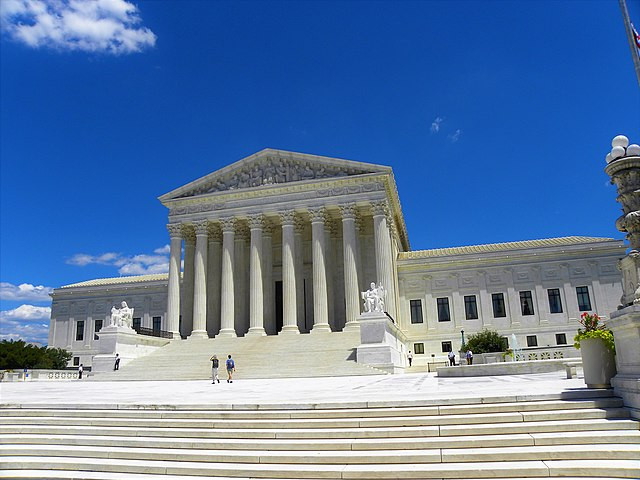The U.S. Supreme Court on Thursday agreed to hear two high-profile cases challenging state laws that bar transgender girls and women from competing in female sports teams, thrusting the divisive issue of transgender rights into the national legal spotlight ahead of a potentially far-reaching decision in 2026.
The cases involve Becky Pepper-Jackson, a 15-year-old transgender student in West Virginia, and Lindsay Hecox, a 24-year-old transgender college student in Idaho. Both had secured lower court injunctions allowing them to continue participating in school sports despite state bans. The Supreme Court declined to halt those rulings during the ongoing litigation, but its decision to now take up the cases signals it will weigh in on whether such bans violate federal law.
"Categorically excluding kids from school sports just because they are transgender will only make our schools less safe and more hurtful places for all youth," said Joshua Block, a lawyer with the American Civil Liberties Union who represents both plaintiffs. "We believe the lower courts were right to block these discriminatory laws."
West Virginia Attorney General JB McCuskey welcomed the Court's move. "The people of West Virginia know that it's unfair to let male athletes compete against women; that's why we passed this commonsense law preserving women's sports for women," he said.
Oral arguments are expected later this year, with a final ruling likely by June 2026. The outcome could clarify the scope of Title IX, which prohibits sex-based discrimination in education, and determine whether transgender athletes can be barred from female sports based on biological sex assigned at birth.
West Virginia's 2021 law defines a female athlete as one "whose biological sex determined at birth as female," while Idaho's 2020 statute restricts participation in female-designated sports to students "of the male sex."
The legal challenges center on whether such laws violate the 14th Amendment's Equal Protection Clause. Pepper-Jackson's case also argues the bans violate Title IX, adding pressure on the Court to determine if its 2020 decision protecting LGBTQ employees under Title VII should extend to students under Title IX.
The Biden administration has argued that blanket bans on transgender athletes are unlawful, proposing regulations that would allow case-by-case restrictions in competitive sports. The Trump administration reversed that position, issuing an executive order titled "Keeping Men out of Women's Sports."
In April 2023, the Court rejected West Virginia's attempt to enforce its ban against Pepper-Jackson while litigation proceeded. She had been competing in cross-country and track and had previously placed third in middle school discus and sixth in shot put - behind cisgender girls. She finished 67th out of 68 in a cross-country event in eighth grade.






